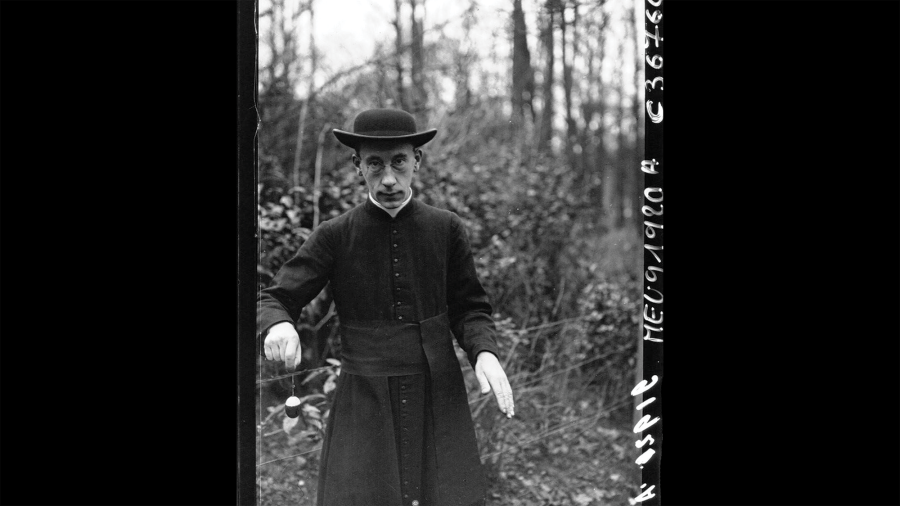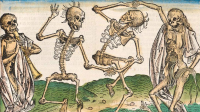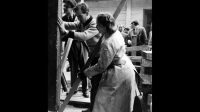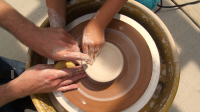
Overview
This presentation will discuss and deconstruct the paradigm of French anti-Semitism during the interwar period through a particular perspective, focusing not so much on its ideological or discursive dimension but rather examining it as a social practice. Shifting the focus from the historiographical debate of the last decades, which emphasized the continuity between the Affaire Dreyfus and Vichy, the paper will analyze more precisely the practices of everyday violence against Jews on an urban scale.
Taking a micro-historical approach, this research project examines what can be defined as “street anti-Semitism”, which underwent a constant increase during the 1930s: incidents caused by the sale of certain newspapers, the posting of anti-Semitic propaganda materials and leafleting constituted some of the most common anti-Jewish practices throughout the decade. Acts of violence against Jews were directed against shops and places of worship, cafés, particularly in the city’s Jewish neighborhoods. The talk examines four cities: Paris, Strasbourg, Lyon and Oran (Algeria). It will delve in particular into the experience of ordinary violence and street anti-Semitism in the French town of Oran by examining the agency of local actors in fanning or smothering the flames of anti-Jewish resentments during the 1930s, focusing on the role of Abbé (abbe) Lambert – a priest and maire of the Algerian town from 1934 to 1941 – and his power relations with other political actors, such as the French Governor, the Muslim and European communities, etc.
Speaker
Valeria Galimi is Associate Professor in Contemporary History at the University of Florence. She taught and researched at many universities and research centers in France, Israel and the United States. Her research interests include the history of European anti-Semitism, the Second World War and the Holocaust in Italy. Professor Galimi is currently writing a monograph on political violence and “street anti-Semitism” in France in the 1930s. Her most recent publications include: Sotto gli occhi di tutti. La società italiana e le persecuzioni contro gli ebrei [Under everyone’s eyes. Italian Society and anti-Jewish persecutions] (Le Monnier, 2018) and with A. Gori (eds.), Intellectuals in the Latin space during the era of Fascism. Crossing borders (Routledge, 2020).
Details
This is a hybrid event, which will take place in-person in the Gatsby Room (Chancellor's Centre) and also on Zoom.
If you would like to attend online, please register for the Zoom link.
For the in-person audience, drinks and snacks will be available after the talk.
The Humanities Society organises regular talks spanning a wide range of topics. Every Tuesday during term time.


